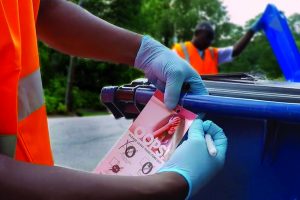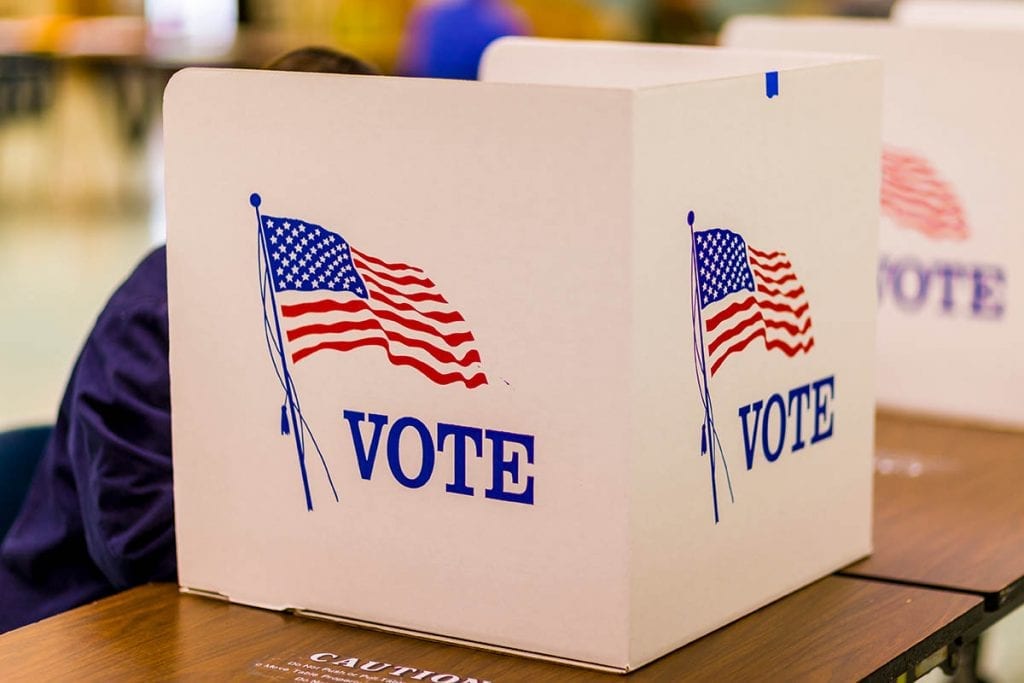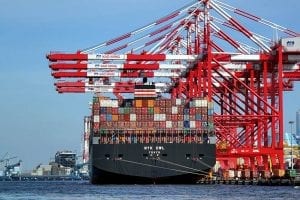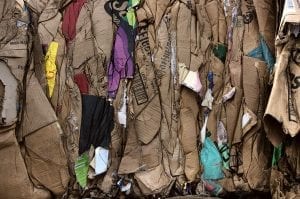 As the need for a cleaner stream becomes clear, haulers and local programs are taking steps to reduce contamination. Some enforcement tactics are proving unpopular among the public.
As the need for a cleaner stream becomes clear, haulers and local programs are taking steps to reduce contamination. Some enforcement tactics are proving unpopular among the public.

 As the need for a cleaner stream becomes clear, haulers and local programs are taking steps to reduce contamination. Some enforcement tactics are proving unpopular among the public.
As the need for a cleaner stream becomes clear, haulers and local programs are taking steps to reduce contamination. Some enforcement tactics are proving unpopular among the public.
 A survey of full-scale food scraps processing facilities in the U.S. provides insights into processing infrastructure for food and compostable paper and plastic packaging.
A survey of full-scale food scraps processing facilities in the U.S. provides insights into processing infrastructure for food and compostable paper and plastic packaging.
 Southeast Asian countries are moving to constrain imports of recyclables, but some exporters are mislabeling scrap plastic shipments to get around the restrictions.
Southeast Asian countries are moving to constrain imports of recyclables, but some exporters are mislabeling scrap plastic shipments to get around the restrictions.
 As a board member for the Maryland Recycling Network and a state representative, Andrew Cassilly sits in a unique position when it comes to crafting legislation.
As a board member for the Maryland Recycling Network and a state representative, Andrew Cassilly sits in a unique position when it comes to crafting legislation.

Governments across Southeast Asia continue to restrict recovered material imports. In the latest developments, Taiwan added plastic and paper restrictions, Vietnam rolled out new guidelines and Malaysia considered importing from certain countries only.

Recovered paper end users commented on some of the key trends in the recycled paper industry during their recent quarterly earnings calls.
 Even as exporters move off of China as a destination for certain recyclables, the country remains a crucial market. And several recent Chinese developments carry industry-wide implications.
Even as exporters move off of China as a destination for certain recyclables, the country remains a crucial market. And several recent Chinese developments carry industry-wide implications.
 Prices for post-consumer fibers have remained steady lately, and prices for both natural and color HDPE have climbed.
Prices for post-consumer fibers have remained steady lately, and prices for both natural and color HDPE have climbed.
 Three of North America’s largest garbage and recycling companies continued to feel the pinch of falling recycling revenues during the third quarter, financial reports show.
Three of North America’s largest garbage and recycling companies continued to feel the pinch of falling recycling revenues during the third quarter, financial reports show.
